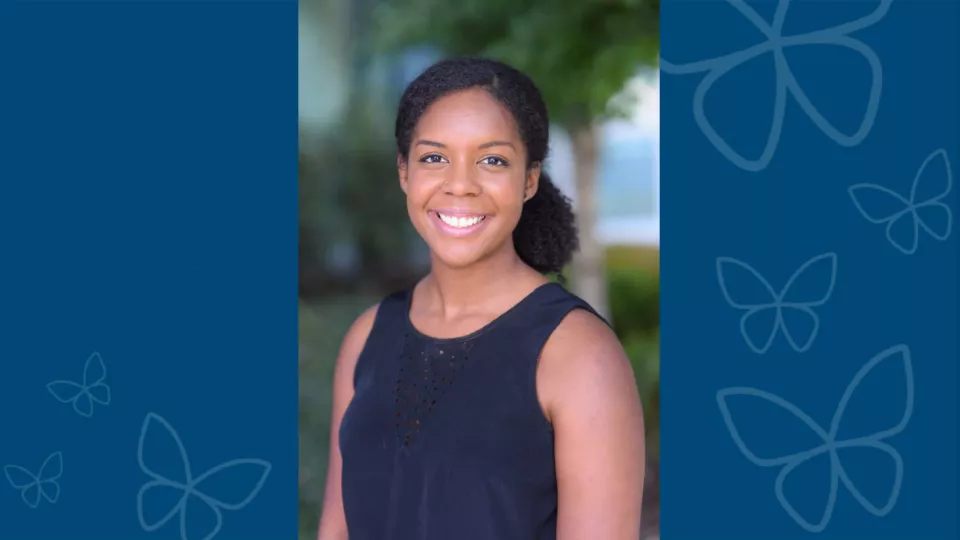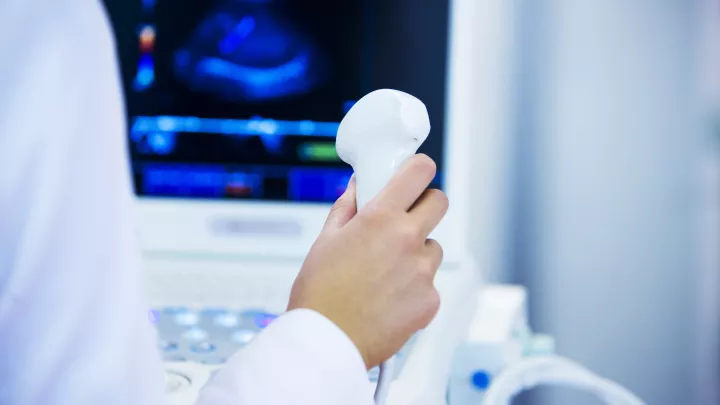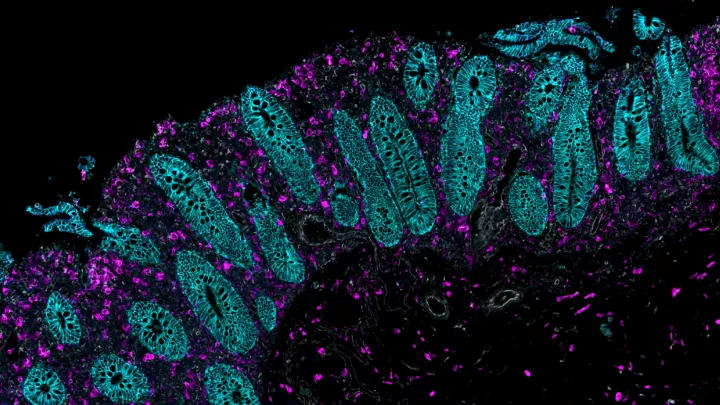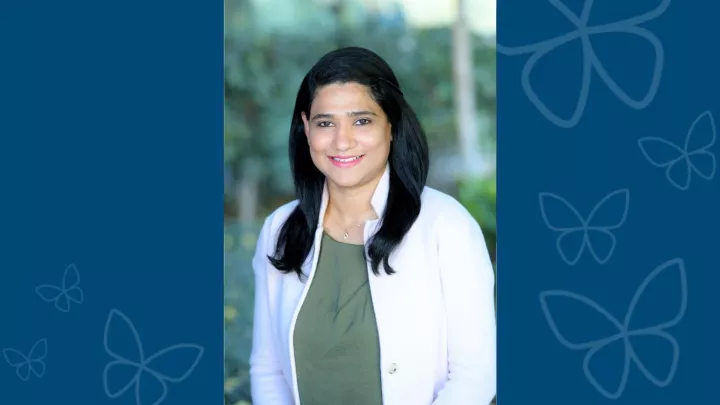
Research Faculty Spotlight: Mallory Chavannes, MD, MHSc, FRCPC, FAAP
Mallory Chavannes, MD, MHSc, FRCPC, FAAP, credits her father as her inspiration to pursue a career in research. “My father worked as the director of Human Resources for a research institute in Canada,” she explains. “When I was little, he frequently brought me to visit laboratories. I kind of knew that I would end up in research.”
During her fellowship in pediatric gastroenterology at the Centre Hospitalier Universitaire Sainte-Justine Montreal, Canada, Dr. Chavannes was exposed to a large population of children suffering from inflammatory bowel disease (IBD), a spectrum of chronic digestive conditions that affect the large intestine. Many of these patients were children of immigrant families.
“We didn’t have tons of great medication to offer them,” Dr. Chavannes explains. “The immunosuppressant infliximab was just starting to be more widely used, so I thought there was a lot of work to be done to understand how to optimize this therapy.”
She decided to pursue an advanced fellowship in inflammatory bowel disease. When a colleague from Alberta demonstrated the use of an ultrasound system as a non-invasive method of monitoring disease activity in the intestine, Dr. Chavannes knew that this was the type of work she wanted to do. “To me, that really clicked as the factor that could change our patients’ long-term outcomes through close, objective monitoring of therapy response,” she explains.
She brings this research focus to her current role as Clinical Director of the Inflammatory Bowel Disease Program in CHLA’s Division of Gastroenterology, Hepatology and Nutrition. “The main focus of my research has been using intestinal ultrasound at the bedside as a monitoring tool,” Dr. Chavannes says. “Frequent endoscopies are impractical for children because they involve anesthesia and extended school absences, so intestinal ultrasound is far more efficient.”
One of her team’s current projects is to use intestinal ultrasound for patients hospitalized for acute severe colitis. Another upcoming effort is a multisite endeavor to create a pediatric intestinal ultrasound index. “Since the medical standards used to evaluate intestinal ultrasound have been based on adult patient data, this work will focus on establishing standards for children,” she says.
For Dr. Chavannes, seeing the change in her patients is the most satisfying part of her work. “In this disease, there’s a big difference from when patients are sick to when they’re suddenly well,” she says. “I find it very rewarding to see that transition.”
When she’s not at work, Dr. Chavannes is focused on raising her two-year-old daughter, taking landscape and travel photos, and exploring L.A.’s diverse and exciting food scene.


